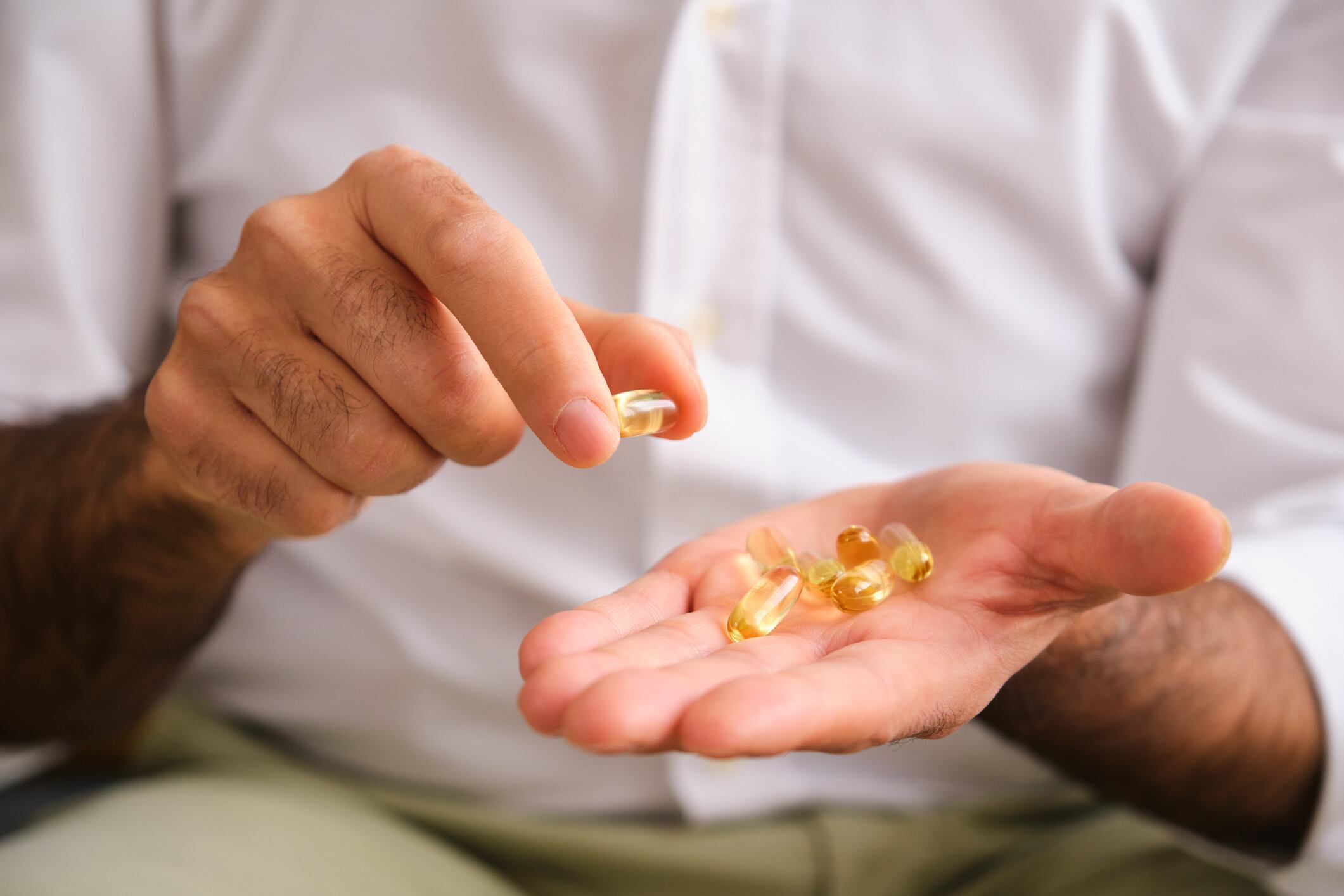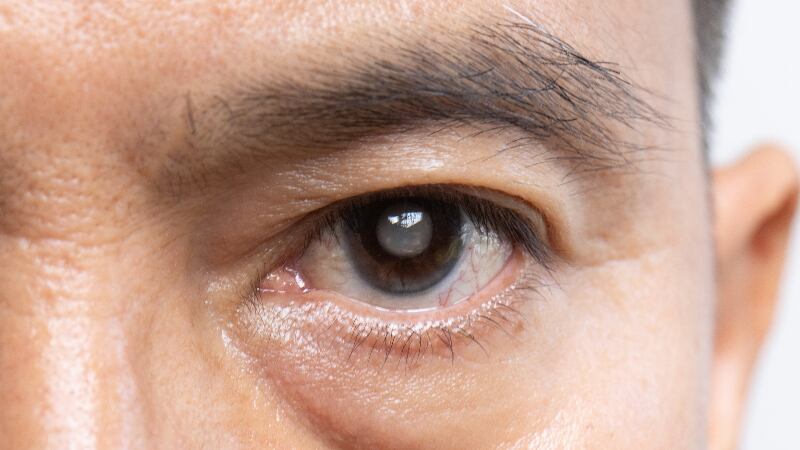Vitamin E supplementation enhances the benefits of varicocelectomy, a surgical procedure that aims to improve fertility outcomes, according to researchers of a randomised controlled trial (RCT) conducted at Imam Reza Hospital, Iran.
The study was funded by the Mashhad University of Medical Sciences.
Varicocelectomy is a common procedure used to correct varicocele, a condition characterised by abnormal dilation and elongation of veins within the scrotum. Varicocele is a significant cause of male infertility. It is associated with impaired spermatogenesis, leading to reduced sperm count, motility, and altered morphology.
While varicocelectomy alone can result in significant improvements to sperm health, vitamin E supplementation could enhance the benefits of this procedure.
“Vitamin E supplementation post-varicocelectomy is associated with improved sperm parameters, suggesting potential benefits in the management of male infertility related to varicocele,” wrote researchers in Trials.
This aligns with previous research studies, which have reported improvements in sperm motility and overall semen quality with antioxidant supplementation.
“The findings of our study align with previous research on the benefits of antioxidants, particularly vitamin E, in improving sperm quality. Oxidative stress plays a critical role in the pathophysiology of varicocele-related infertility, and antioxidants like vitamin E mitigate oxidative damage to spermatozoa,” said researchers.
Managing infertility
Infertility affects approximately 15% of couples worldwide, with male factors contributing to about half of these cases.
While varicocelectomy is known to offer benefits, its impact on sperm parameters varies among patients, leading researchers to explore additional therapies for improved outcomes. Oxidative stress plays a significant role in varicocele-related infertility, and antioxidants such as vitamin E have shown potential in reducing sperm damage caused by oxidative stress.
Vitamin E is a lipid-soluble antioxidant found in plant oils. It can protect cell membranes and spermatozoa from oxidative stress.
Previous studies have explored the impact of vitamin E on semen parameters and pregnancy rates post-varicocelectomy, but there were no significant changes in sperm parameters.
Researchers therefore wanted to further evaluate the effect of vitamin E supplementation on varicocelectomy patients.
This RCT compares the outcomes of vitamin E supplementation with a placebo. The objective was to determine whether adjunctive antioxidant therapy can improve the efficacy of varicocelectomy in treating male infertility.
Vitamin E supplementation shown to improve sperm motility
For this triple-blind RCT, 90 male patients diagnosed with infertility related to grade 2 or 3 varicocele were recruited. They were aged 15–40 years.
Prior to varicocelectomy, participants provided semen samples for sperm analysis.
The participants were equally randomised into two groups – 45 were allocated to the intervention group that took vitamin E supplementation, and 45 to the control group that took a placebo.
The intervention group received 400 units of vitamin E daily for three months, while the control group received a placebo identical in appearance and administered in the same manner during the same period.
A post-intervention sperm analysis was then conducted on new semen samples from participants. The results were compared within and between the two groups.
Researchers observed that vitamin E supplementation may enhance sperm motility after varicocelectomy, but it does not significantly impact sperm count or morphology compared to placebo.
Comparing sperm quality before and after treatment, sperm motility improved more significantly in the vitamin E group than in the placebo group. On average, sperm motility increased by 10% in those who took vitamin E, compared to 6% in the placebo group. The p-value was 0.03, meaning this difference was statistically significant.
However, sperm count and morphology (sperm shape) did not show a significant difference between the groups. Sperm count increased by 6.95 million per millilitre (±9.45 million) in the vitamin E group and by 4.64 million per millilitre (±8.56 million) in the placebo group. The p-value was 0.22, meaning these results were likely due to chance and not statistically significant.
Similarly, the percentage of sperm with a normal shape improved slightly, by 0.71% (±1.01%) in the vitamin E group and 0.46% (±0.89%) in the placebo group. These had a p-value of 0.22 as well.
These results showed that vitamin E supplementation enhanced sperm health to some extent.
“Our study demonstrated that while varicocelectomy alone leads to significant improvements in sperm parameters, the addition of vitamin E supplementation further enhances these outcomes.
“Specifically, the intervention group, which received 400 units of vitamin E daily for three months, showed a significantly greater improvement in sperm motility compared to the placebo group (P = 0.03).
“Both groups exhibited significant improvements in sperm count and morphology from pre- to post-intervention, but these changes were not statistically different between groups,” said researchers.
However, the researchers added that a follow-up period of three months may not be sufficient to observe long-term effects on fertility and pregnancy outcomes.
Additionally, the sample size, while adequate for detecting differences in sperm parameters, may not be large enough to generalise findings to all varicocelectomy patients.
Therefore, further research is required to explore the long-term effects and optimal treatment protocols for vitamin E supplementation in male fertility, concluded researchers.
Source: Trials
DOI: https://doi.org/10.1186/s13063-025-08740-x
“The impact of vitamin E supplementation on sperm analysis in varicocelectomy patients: a triple-blind randomized controlled trial”
Authors: Kasra Saeedian, Saeed Davaryar et al.





